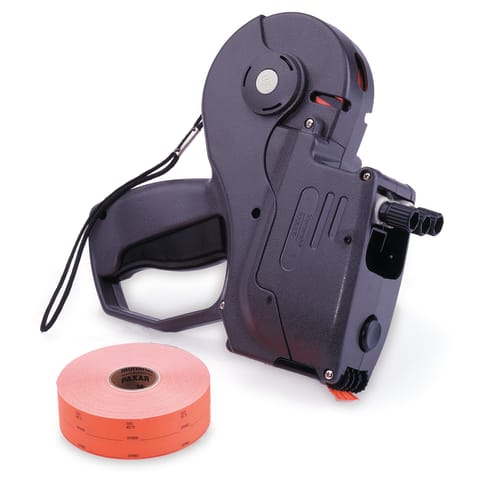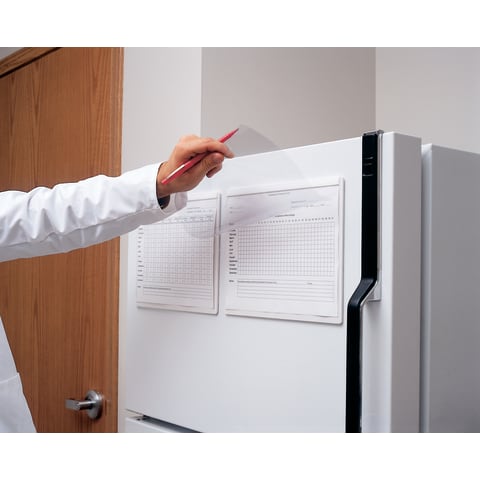College of American Pathologists (CAP) accreditation is one of the most important recognitions for any medical laboratory. Passing a CAP inspection is no easy feat: it requires considerable documentation, discipline, and process proficiency.
In other words, it’s definitely a lot easier to fail your next cap inspection than it is to pass it.
Here are five habits of noncompliant, unaccredited labs.
Leaving every label blank: Labels don’t do any good if they don’t include important details such as open dates and expiration dates. Your CAP inspector might frown upon doodles, smiley faces, and stars, especially when the label has nothing else written on it. Many labels come preprinted, so the information you actually have to write on it is minimal.
Using the back of a hand to track temperatures: Many moms and dads check their children’s body temperatures by pressing the back of their hand against their forehead. This is not a reliable way to get an accurate body temperature reading. It’s also not a reliable way to gauge the temperature of your lab specimen refrigerator. CAP won’t accept temperature assessments such as “just a tad warm” or “cool as a cucumber.” If you don’t want to get dinged during your next CAP inspection, it’s best to use a reliable thermometer.
Keeping a “mostly clean” glove bin: Most medical gloves are not intended to be reused after they’ve been removed, even if they didn’t touch what you consider gross substances. CAP is unlikely to appreciate your subjective assessment of glove cleanliness. Instead, it’s best to throw away used gloves and not save lightly soiled ones for a “pinch.” Fortunately, medical gloves are relatively inexpensive, so you really don’t have to hoard them.
Storing procedural manuals at parents’ house: Sometimes a big heavy book is the most effective doorstop you can find – perfect for that annoying closet door that always swings open in your old bedroom. However, it’s best not to take your lab’s QC manual home to do the job. Your next CAP inspection will probably include a look at your lab’s standard operating procedures. When your inspector asks where they are, it’s inadvisable to wink and point at your brain. Try to keep your manuals and logs visible and accessible.
Maintaining control test records on a napkin: This is always a risky move. Sure, you fully intend to transfer the information where it needs to go – like on a mounted wall chart. However, your coworker might mistake your makeshift documentation for an ordinary napkin and wipe the powdered sugar donut crumbs from his mouth with it and then throw it away. That’s a problem. It’s wise to just keep your log within reach at all times so that you’re not tempted by shortcuts.



